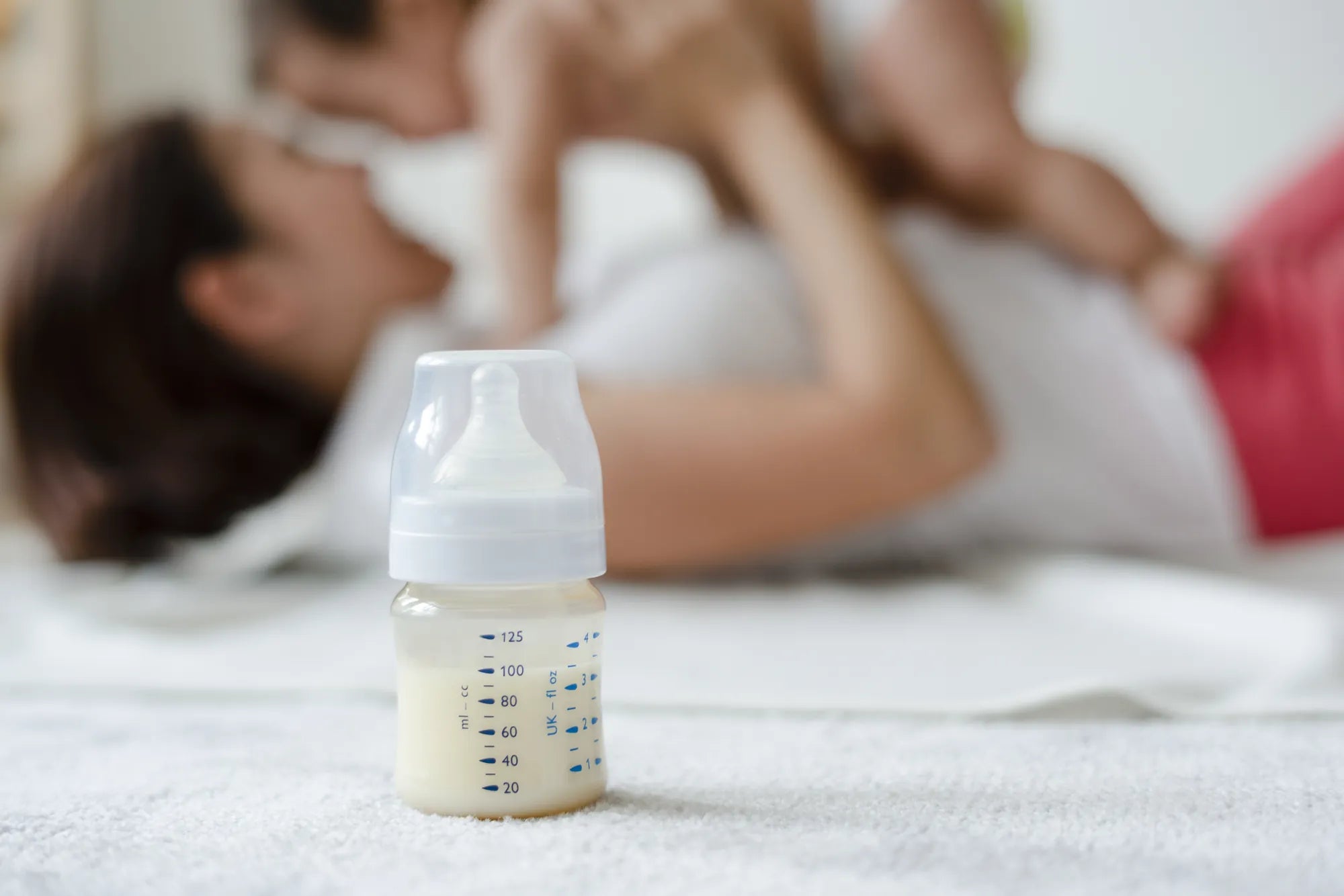Home
Pregnancy, Breastfeeding, and Pumping: The Ultimate Guide for Moms
Can I Breast Pump Before Birth? Exploring the Benefits and Considerations

Can I Breast Pump Before Birth? Exploring the Benefits and Considerations
Breastfeeding is a natural and essential part of motherhood, but many expectant mothers wonder if they can start preparing even before their baby arrives. One common question is, Can I breast pump before birth? The answer is yes, but it comes with important considerations. This article explores the benefits, risks, and expert advice on prenatal breast pumping to help you make an informed decision.
Understanding Prenatal Breast Pumping
Prenatal breast pumping refers to the practice of expressing breast milk before giving birth. While it is not a common practice, some women choose to do it for various reasons. Understanding the process and its implications is crucial before deciding if it is right for you.
Why Consider Breast Pumping Before Birth?
There are several reasons why expectant mothers might consider breast pumping before birth. One of the primary motivations is to prepare the body for breastfeeding. Pumping can stimulate the breasts and encourage milk production, which may help establish a good milk supply after delivery. Additionally, some women pump to collect colostrum, the nutrient-rich first milk, which can be stored and given to the baby after birth.
Potential Benefits of Prenatal Breast Pumping
Prenatal breast pumping offers several potential benefits. It can help familiarize you with the breast pump, making it easier to use after birth. It may also reduce engorgement and discomfort in the early days of breastfeeding. For mothers with medical conditions or those expecting premature babies, pumping before birth can ensure that the baby receives essential nutrients right away.
Risks and Precautions
While prenatal breast pumping has its benefits, it is not without risks. One of the main concerns is the potential to trigger premature labor. Stimulating the nipples releases oxytocin, a hormone that can cause contractions. Therefore, it is essential to consult your healthcare provider before starting this practice, especially if you have a high-risk pregnancy.
When to Avoid Prenatal Breast Pumping
Certain conditions make prenatal breast pumping unsafe. Women with a history of preterm labor, cervical insufficiency, or other pregnancy complications should avoid it. Additionally, if you experience any discomfort or contractions while pumping, stop immediately and seek medical advice.
Expert Recommendations
Most healthcare professionals recommend waiting until after birth to start breast pumping. However, if you are considering prenatal pumping, it is crucial to discuss it with your doctor or a lactation consultant. They can provide personalized guidance based on your health and pregnancy status.
How to Safely Pump Before Birth
If your healthcare provider approves prenatal breast pumping, follow these tips to do it safely. Start slowly, using the lowest suction setting to avoid overstimulation. Limit pumping sessions to a few minutes at a time and monitor your body's response. Always prioritize your comfort and stop if you experience any adverse effects.
Preparing for Breastfeeding Success
Whether or not you choose to pump before birth, there are other ways to prepare for successful breastfeeding. Attend a breastfeeding class, learn about proper latch techniques, and gather essential supplies like nursing bras and breast pads. Building a support system of family, friends, and healthcare professionals can also make a significant difference.
Building a Milk Supply
Establishing a robust milk supply is a common concern for new mothers. While prenatal pumping can help, it is not the only way. After birth, frequent nursing or pumping is key to building and maintaining milk production. Staying hydrated, eating a balanced diet, and getting enough rest also play a vital role.
Storing and Using Expressed Milk
If you choose to pump before birth, proper storage of expressed milk is essential. Colostrum can be stored in small containers and kept in the refrigerator or freezer. Label the containers with the date and use the oldest milk first. After birth, warm the milk gently and feed it to your baby using a spoon or syringe.
Transitioning to Breastfeeding
Once your baby is born, transitioning from expressed milk to direct breastfeeding is important. Encourage skin-to-skin contact and offer the breast frequently. If you encounter challenges, such as latching difficulties or low milk supply, seek help from a lactation consultant or support group.
Breastfeeding is a journey that begins long before your baby arrives. Whether you choose to pump before birth or wait until after delivery, the key is to stay informed and seek professional guidance. By understanding your options and preparing effectively, you can set the stage for a positive breastfeeding experience. Remember, every mother's journey is unique, and there is no one-size-fits-all approach. Trust your instincts, lean on your support system, and embrace the beautiful bond that breastfeeding creates.
Share


